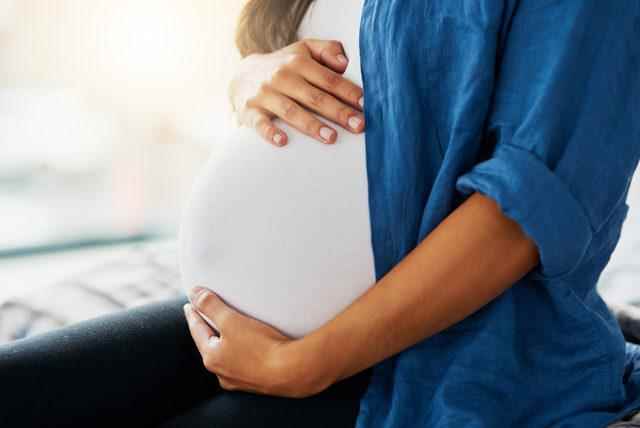Some conditions in the body before pregnancy are processes that affect the pregnancy process, as many of us know. Identifying the most fertile process, the most fertile period for ovulation, how many days the sperm survives in the woman’s body… There are many processes that must take place at the same time in order to get pregnant. Example; The menstrual cycle period is the days when a person is least likely to become pregnant.
REGL AND PREGNANCY
Menstrual or menstrual cycle is between 28-32 days. Some people have shorter cycles, while others have longer cycles. The first day of a person’s menstrual period is considered the first day of their menstrual cycle. Later periods typically last 3-7 days. Changes in the menstrual cycle usually happen in the follicular phase, which occurs before ovulation. The luteal phase from ovulation to the post-ovulation period typically lasts 14 days.

ovulation and conception
Ovulation occurs when one of the ovaries releases an egg. After the egg is released, it moves into the fallopian tube where it will travel to the uterus, which takes about 24 hours. If the sperm travels to the fallopian tube and fertilizes the egg, pregnancy occurs. If the sperm cannot fertilize the egg, the egg moves towards the uterus and breaks down, ready to leave the body during the next menstrual period.

Ovulation occurs approximately 14 days before a person expects their next period if their monthly cycle is 28 days. Most people ovulate between days 11-21 of their cycle. The first day of the last menstrual period (LMP) is day 1 of the cycle. Ovulation does not always occur on the same day every month and can vary by a day or more on either side of the expected date.

Doctors refer to the part of the ovulation cycle as the fertility window because this is when the chances of pregnancy are highest. For example, if ovulation occurs on day 14, a person can become pregnant that day or within the next 24 hours.
HOW MANY DAYS DOES SPERM LIVE IN A FEMALE BODY?
However, fertilization windows start a few days before ovulation because sperm can live in the female body for up to 5 days. Therefore, even if a person does not have intercourse on the 14th or 15th day, on the 9-13th day. It is possible for her to become pregnant if she has had sexual intercourse on the same day without using contraception. Accordingly, the probability of conception increases from the 8th day, reaches its maximum on the 13th day and drops to zero on the 30th day. However, it should be noted that these findings are provided as a guide only. Because; Every person and every cycle is different. It can be helpful for a person to chart their monthly cycles and note the signs of ovulation to help determine the exact day of ovulation each month.
WHAT TO DO TO GET PREGNANCY?
Other tips to increase the chances of conceiving include:
Have regular sexual intercourse: If you want to get pregnant, you must have a regular sex life every 2 or 3 days.
Avoid smoking: Using tobacco products reduces fertility and affects the health of a developing fetus.
Limit alcohol intake: Alcohol intake can reduce fertility in men and women and harm the fetus.
Keep your weight under control: People who are overweight or underweight are more likely to have irregular ovulation.
Reduce stress: It is clear that reducing stress can offer some benefit for a person trying to conceive.
